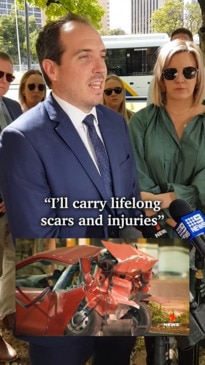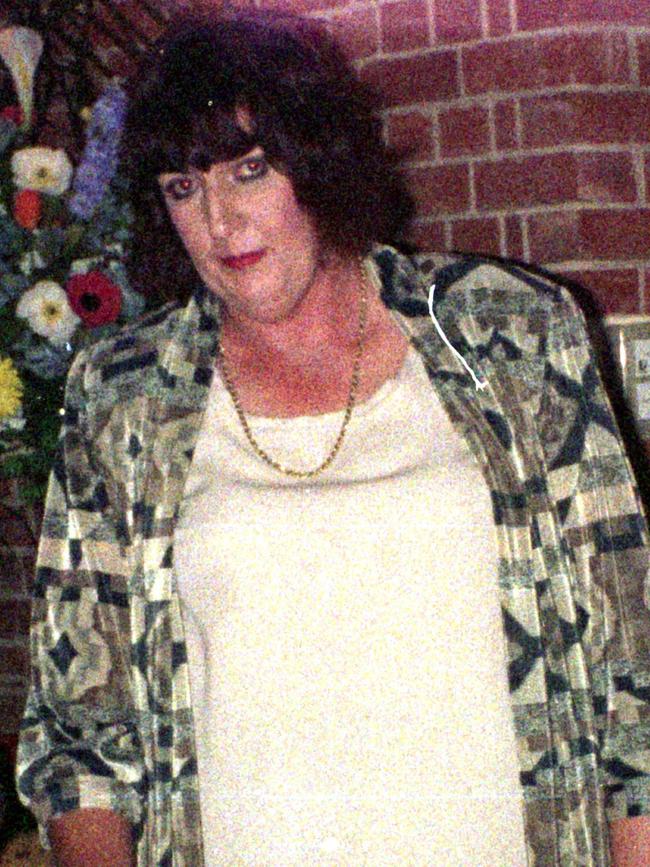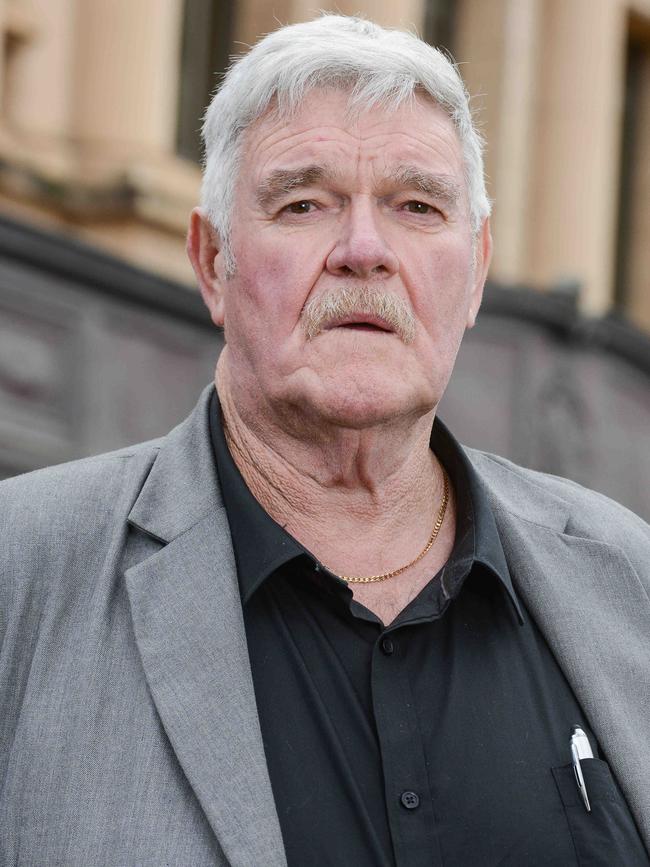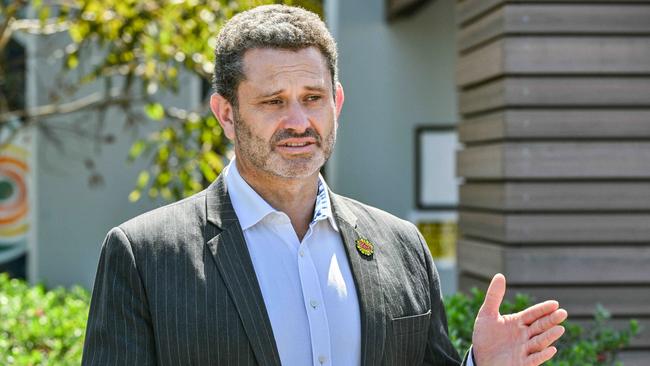New victim impact statement laws to be tabled in SA parliament on Thursday, banning editing of survivors by criminals and lawyers
It’s taken 12 years of campaigning but, at long last, victims of crime will be able to speak in court without fear of being edited by the criminals.

Police & Courts
Don't miss out on the headlines from Police & Courts. Followed categories will be added to My News.
Victims of crime will finally have a stronger voice in the criminal justice process, and can no longer be censored by criminals or their lawyers, under reforms hitting parliament tomorrow.
On Thursday – and after a 12-year campaign by survivors, advocates and The Advertiser – the state government will finally table its long-awaited rewrite of victim impact statement laws.
Under Attorney-General Kyam Maher’s draft Bill, statements written by victims of crime and given during the sentencing of convicted offenders:
MUST be received by the court “in the victim’s own words” and cannot be edited by prosecutors, defence counsel, offenders or judges.
MUST be presented when the victim is ready to speak, with courts required to adjourn proceedings if they have “not had a reasonable opportunity” to draft their statement.
WILL be given only after a victim has exercised their “express right to be informed” about the legal process and what use will be made, by the court, of their statements.


The draft Bill also includes new provisions that address concerns raised by victims, including instances where people have been denied an opportunity to give statements.
It is the result of a 12-month legislative review and extensive consultation with stakeholders including two Commissioners for Victims’ Rights – Bronwyn Killmier and Sarah Quick.
That process was sparked by community ire over the treatment endured by the family of murder victim Joanne Lillecrapp, whose statements were edited three times before court.
Ms Lillecrapp’s brother, Ron – who received a personal apology from prosecutors over the incident – said he was delighted the reform had finally come to pass.
“Joanne’s tragic murder should never have happened but at least, after all these years, one good thing has come from it,” he said.
“When my wife and I next go up to visit her grave, we can tell Joanne that she’s started up a new law.
“I would like to see it called ‘Joanne’s Law’ because, without her, this never would have happened.”
Ms Quick thanked the victims who had spoken out to “share their personal experiences” and “advocate for change”, saying they had “enhanced justice” for all South Australians.
“Victims are extremely distressed when they are denied the opportunity to make a statement or when their words are edited,” she said.
“For them any choice, power and control they might have had is stripped away.
“These are important reforms that will strengthen victims’ right to have a voice, and to be heard in their own words.”

Victim impact laws have been a point of contention between the judiciary, the legal profession and survivor advocates since 2012.
They allowed statements to be edited in all criminal cases including murder, and were applied inconsistently, with some victims speaking openly while others were censored.
On Wednesday, Mr Maher said victim impact statements were “an invaluable aspect” of the justice system that carried “restorative and therapeutic value” for survivors.
“Victims should have the right to tell courts in their own words exactly how an offender and their criminal actions have affected their lives,” he said.
“Impact statements are integral, and something we need to ensure operate effectively.
“We want to ensure that victims are given every opportunity to participate in the sentencing process and feel their voices are valued.”
Mr Maher said the Office of the Director of Public Prosecutions had also updated its internal guidelines.
“(Those guidelines) make clear that a victim impact statement should not be edited without the victim’s consent,” he said.





